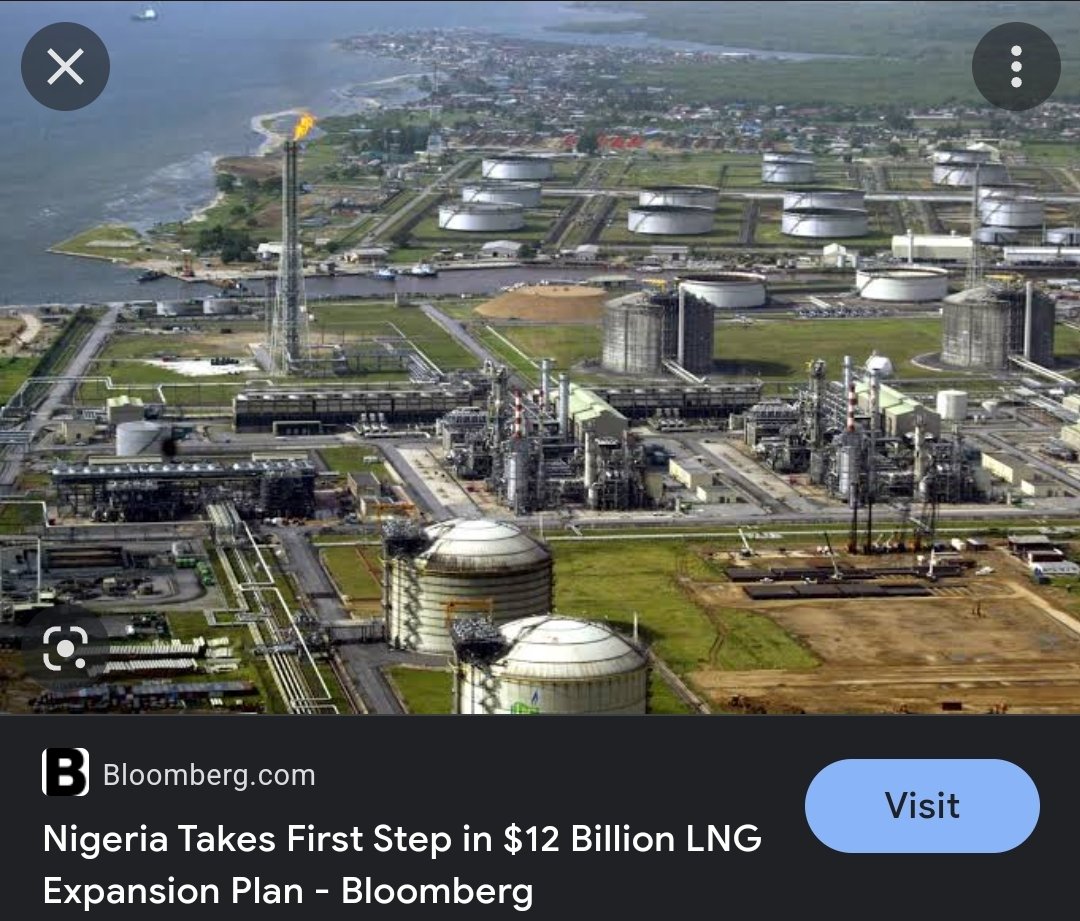Nigerians, understand these concepts
- minimum wage
- cost of living index
- purchasing power parity
Don't just assume that increase in wages will make you comfortable. Cost of living and purchasing power parity are stronger factors.
#NigeriaAt60 #NigeriaIndependence
- minimum wage
- cost of living index
- purchasing power parity
Don't just assume that increase in wages will make you comfortable. Cost of living and purchasing power parity are stronger factors.
#NigeriaAt60 #NigeriaIndependence
You can earn 400k monthly in Lagos and you will be dead broke every month with no savings when compared to someone who earns N200,000 monthly in Ilorin or Oshogbo. What 200k will get you in terms of housing, food, transportation 400k won't be enough in Lagos.
That concept is called 'cost of living' and it is responsible for urban poverty and slum dwellers.
Purchasing Power Parity analyses compares different countries' currencies and the basket of goods you can get with them.
What will you get with $100 in a grocery store in NewYork
Purchasing Power Parity analyses compares different countries' currencies and the basket of goods you can get with them.
What will you get with $100 in a grocery store in NewYork
What can you get with N45,000 equivalent at the exchange rate in Lagos? These are the things that will determine the quality of life you live.
Stop comparing minimum wage in different countries, it's not a clear representation.
Stop comparing minimum wage in different countries, it's not a clear representation.
• • •
Missing some Tweet in this thread? You can try to
force a refresh
















